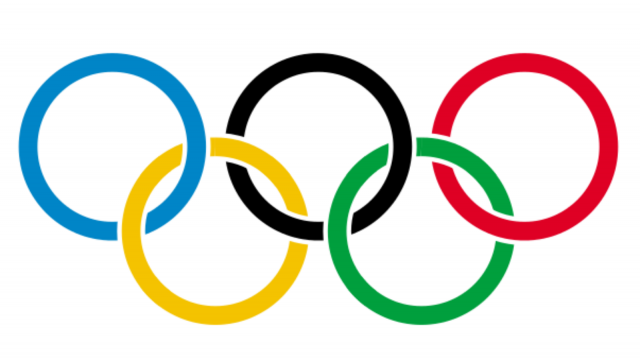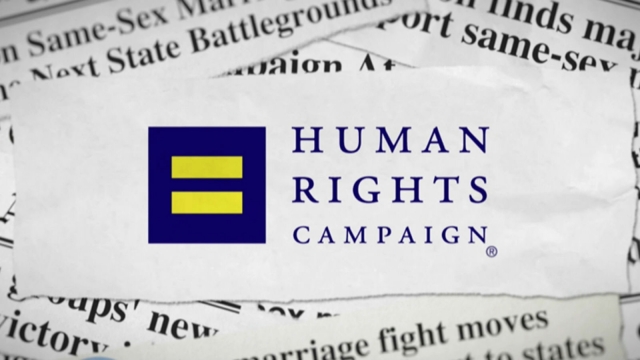Rio 2016: Living Openly and Authentically as an LGBTQ Athlete

Post submitted with contributions from Katherine Burns
While there are a record number of out athletes competing in the Olympic Games this summer, LGBTQ athletes continue to face discrimination throughout a variety of sports.
An international survey by Out on the Fields of 9,500 lesbian, gay, bisexual and straight athletes from around the world found that 46 percent said they believe that LGB people are “not accepted at all” or only “accepted a little” in sporting culture.Survey results show that 84 percent of gay men and 82 percent of lesbians had been subjected to verbal slurs because of their sexual orientation.
According to Ken Reed, author of How We Can Save Sports: A Game Plan, homophobia is sadly too prevalent in sports culture.
“Coaches sometimes demand that LGBT athletes keep their identities hidden or try to encourage the athlete to work on changing their sexual orientation,” Reed noted in a piece for The Huffington Post. “Some teammates try to ostracize LGBT athletes through name-calling, rumor-spreading, or encouraging others to avoid contact with them…. The list goes on.”
Many professional athletes have spoken about experiencing homophobia in their sport.
“I always heard homophobic things in locker rooms, on soccer fields, you know, before training, after training,” Robbie Rogers, the first out Major League Soccer player, told CNN. “Whether it was joking or whether it was malicious, I just heard so many different things that scarred me and made me think that there’s no chance I’m ever going to come out — ever — to anyone. So that’s probably why, again, I kept it in for so long. That’s why I didn’t tell anyone until I was 25.”
Rose Cossar, a gymnast who competed in the 2012 Olympic, told Out Sports: “I really didn’t want to tell anyone from the gymnastics world because I was worried it would affect my position on the team. My sport is very subjective. [My coach] would make comments about gay people. She was very convinced it was a choice they made. She would say it’s a curse and you can’t live a normal life.”
Despite common experiences of homophobia and transphobia, a recent study by the Center for American Progress found that sports fans overwhelmingly support LGBTQ-inclusion in athletics. A majority of those surveyed said that their opinion of their favorite sports team would become more positive if the team expressed and demonstrated LGBTQ inclusive practices and positions.
While the International Olympic Committee recently changed its policy to allow transgender athletes to compete, there are no openly transgender athletes at the Olympics this year. Transgender athletes, however, face their own set of unique challenges.
Chris Mosier, a trans duathlete, was chosen for Team USA for the 2016 World Championship. “As soon as I made the team, I started asking, ‘Will I be able to play? What’s the policy going to be?’” Mosier told ESPN. While Mosier competed in the World Cup earlier this year, duathlon is not an Olympic sport.
Olympians Dutee Chand of India and Caster Semenya of South Africa were compelled to undergo gender testing because of high levels of naturally occurring testosterone. Chand successfully challenged this testing policy and the Court of Arbitration for Sport ruled that hormone testing was discriminatory and ineffective.
The out Olympians competing this year and in past Olympic Games show LGBTQ young people that it is their character, hard work and skills that will define them, not their sexual orientation. By living openly and proudly, these Olympians are role models to LGBTQ youth, showing that they are not limited because of who they are or who they love.
HRC commends these Olympians for not only making history, but for leading by example and living authentically. HRC hopes that their stories and successes will inspire others to live their trut
www.hrc.org/blog/rio-2016-living-openly-and-authentically-as-an-lgbtq-athlete?utm_source=rss&utm_medium=rss-feed





 When McClean awoke in the hospital, he was shackled to his bed. He was the talk of the Internet. A day later, his
When McClean awoke in the hospital, he was shackled to his bed. He was the talk of the Internet. A day later, his 







